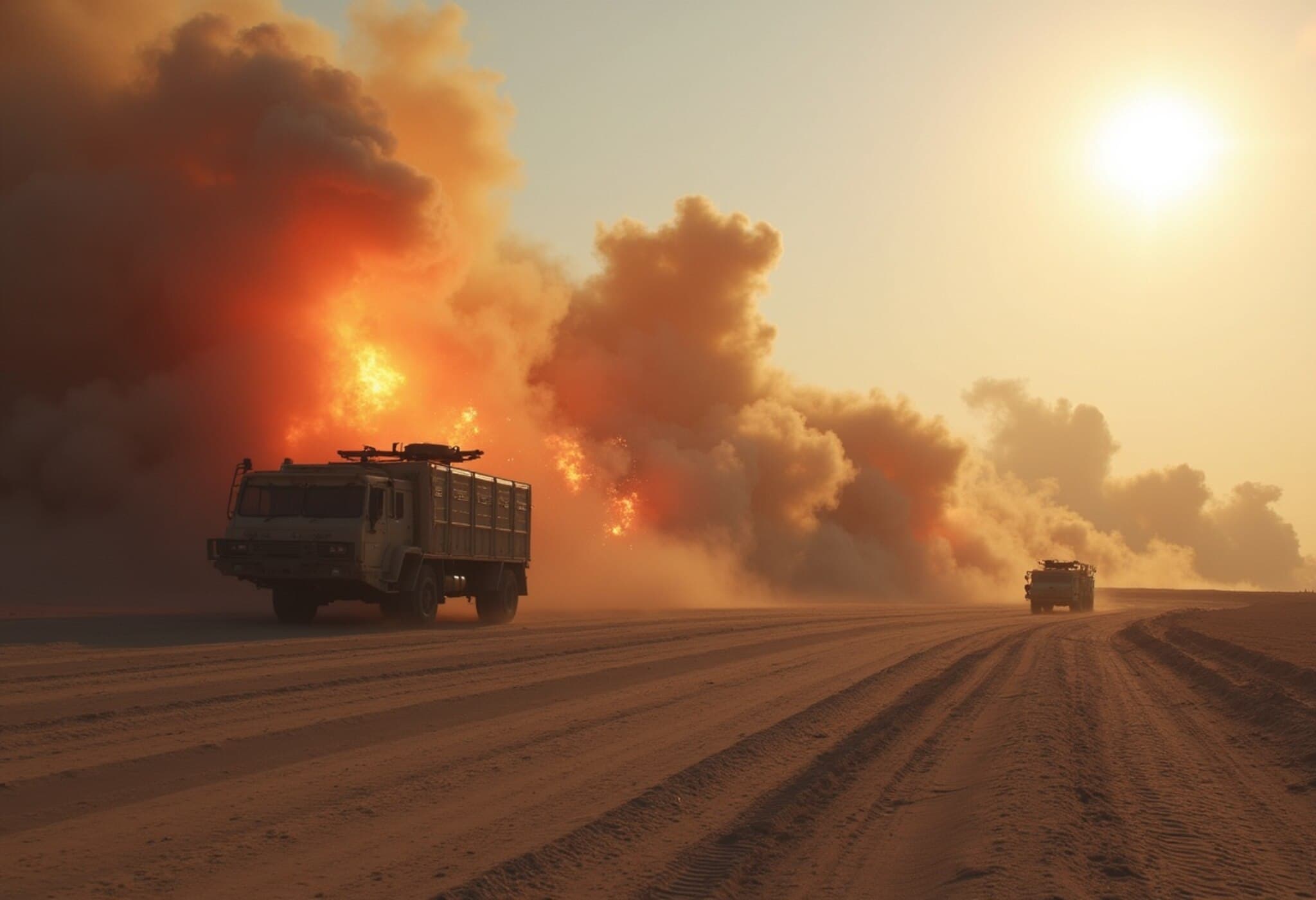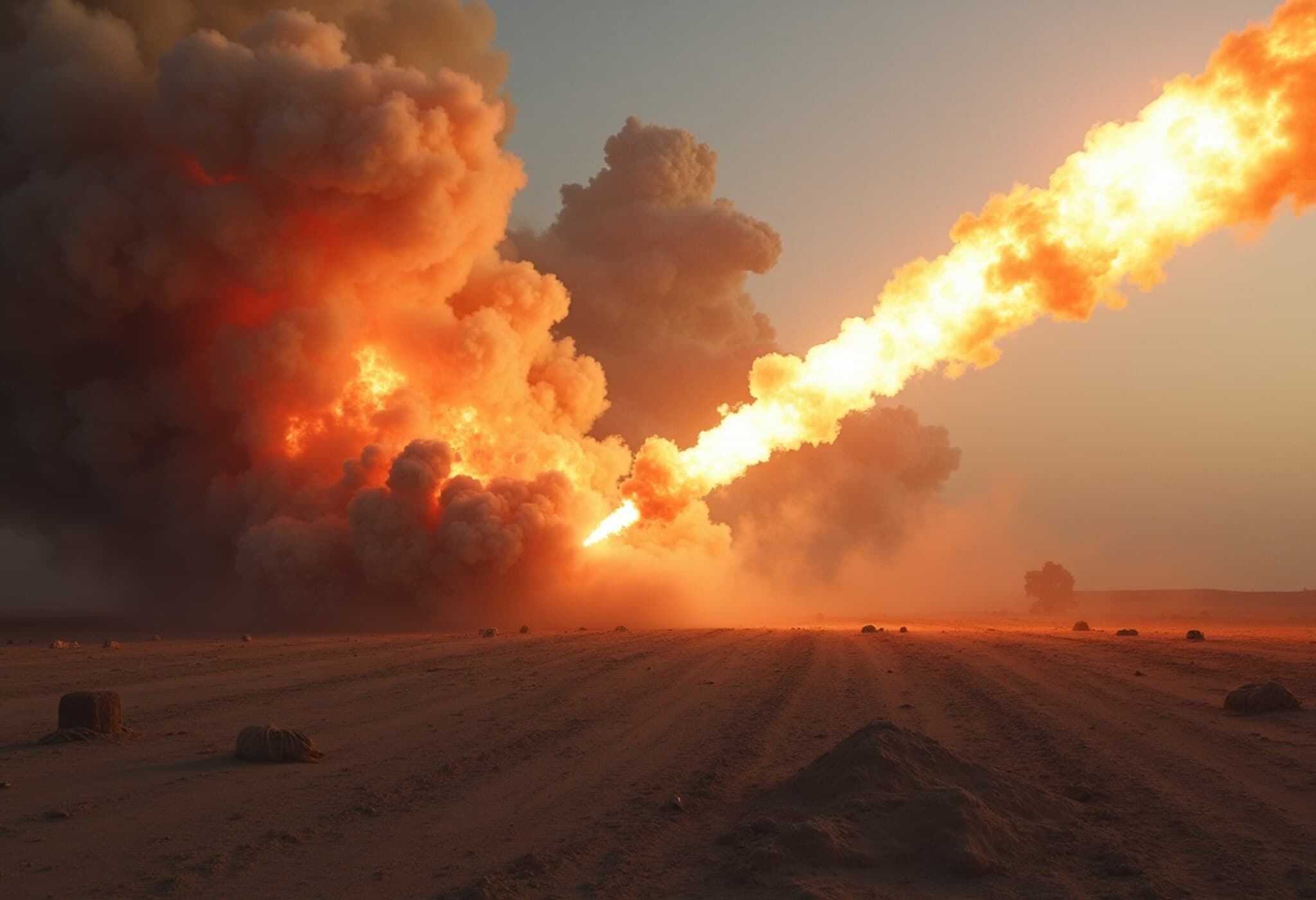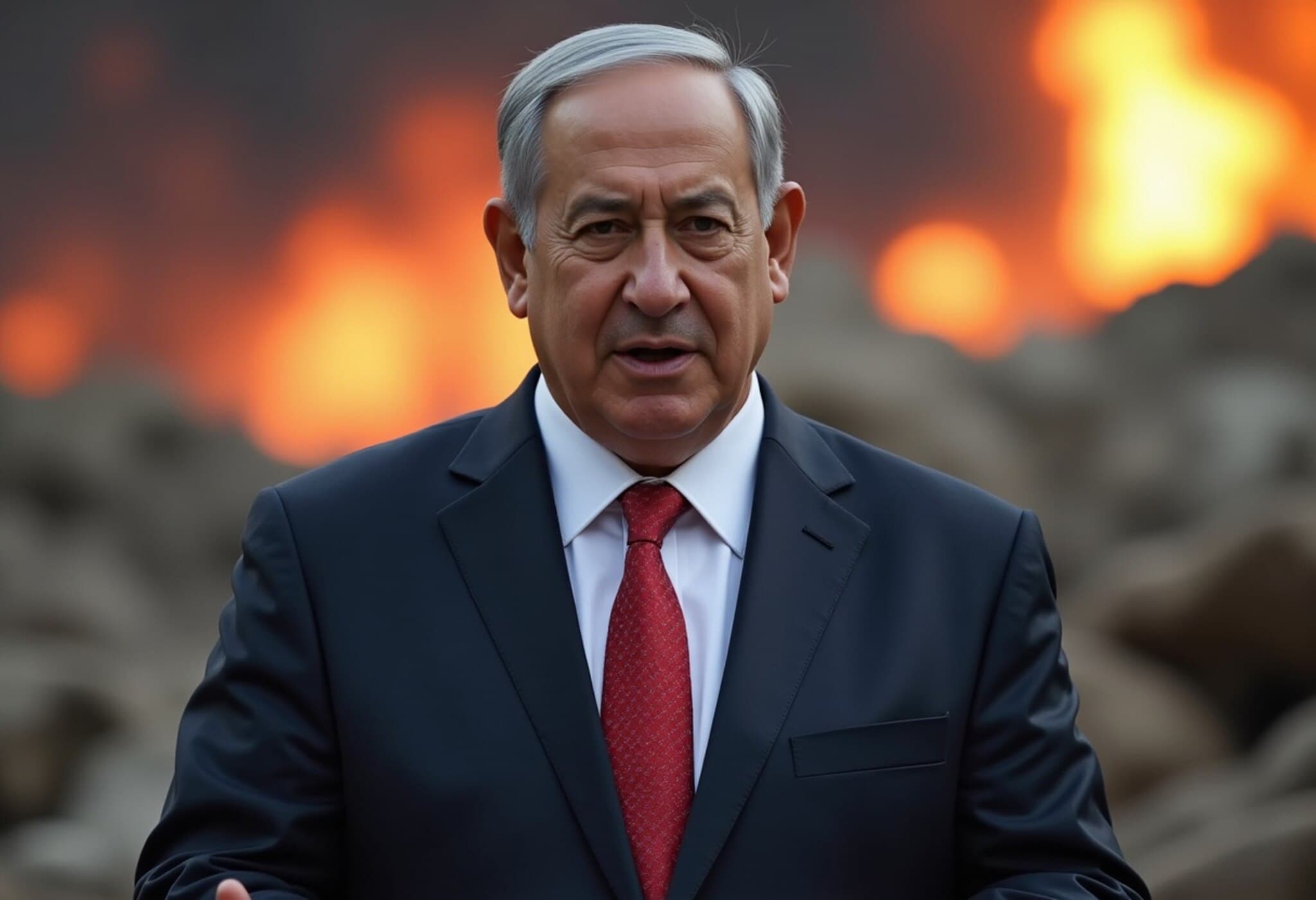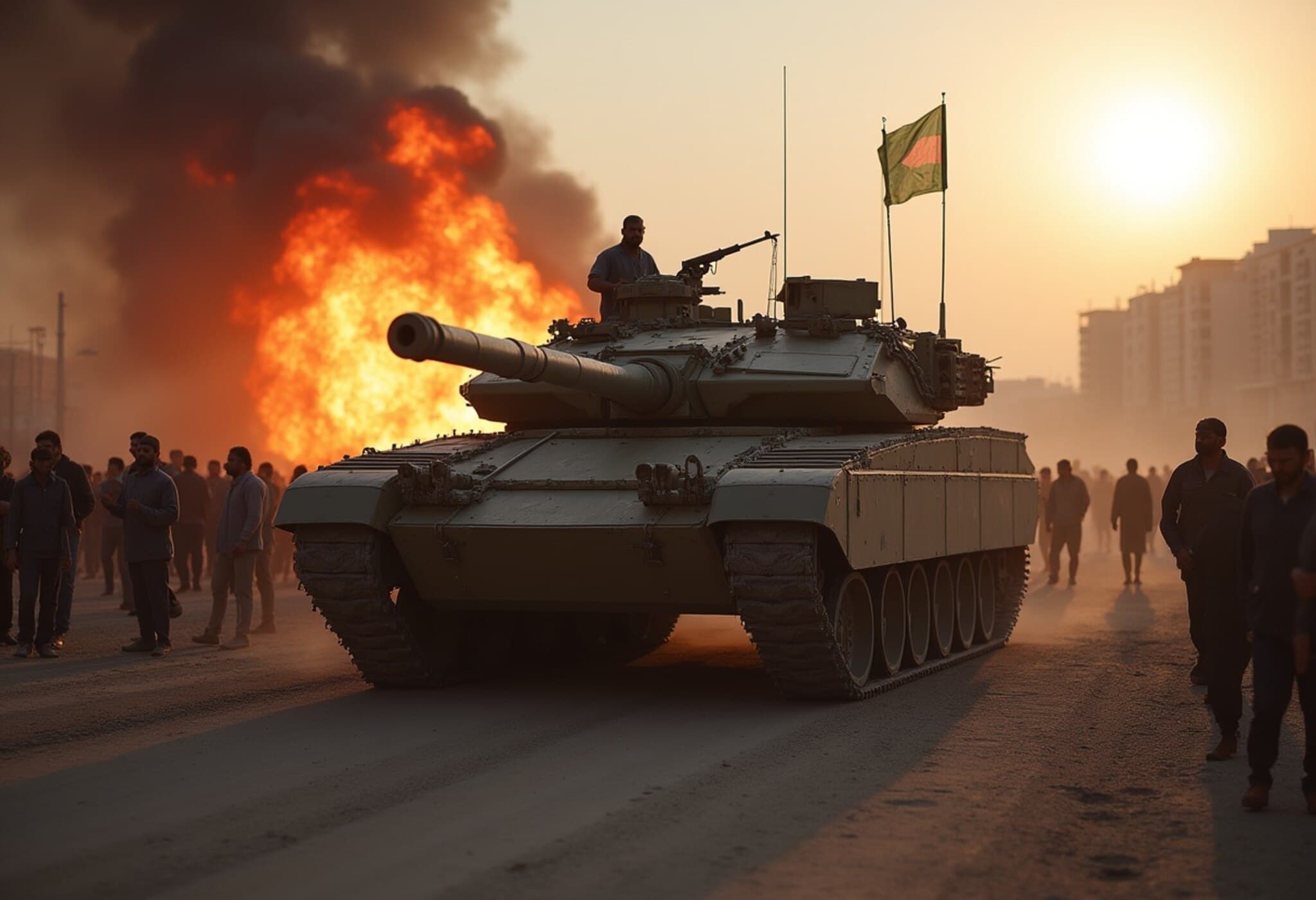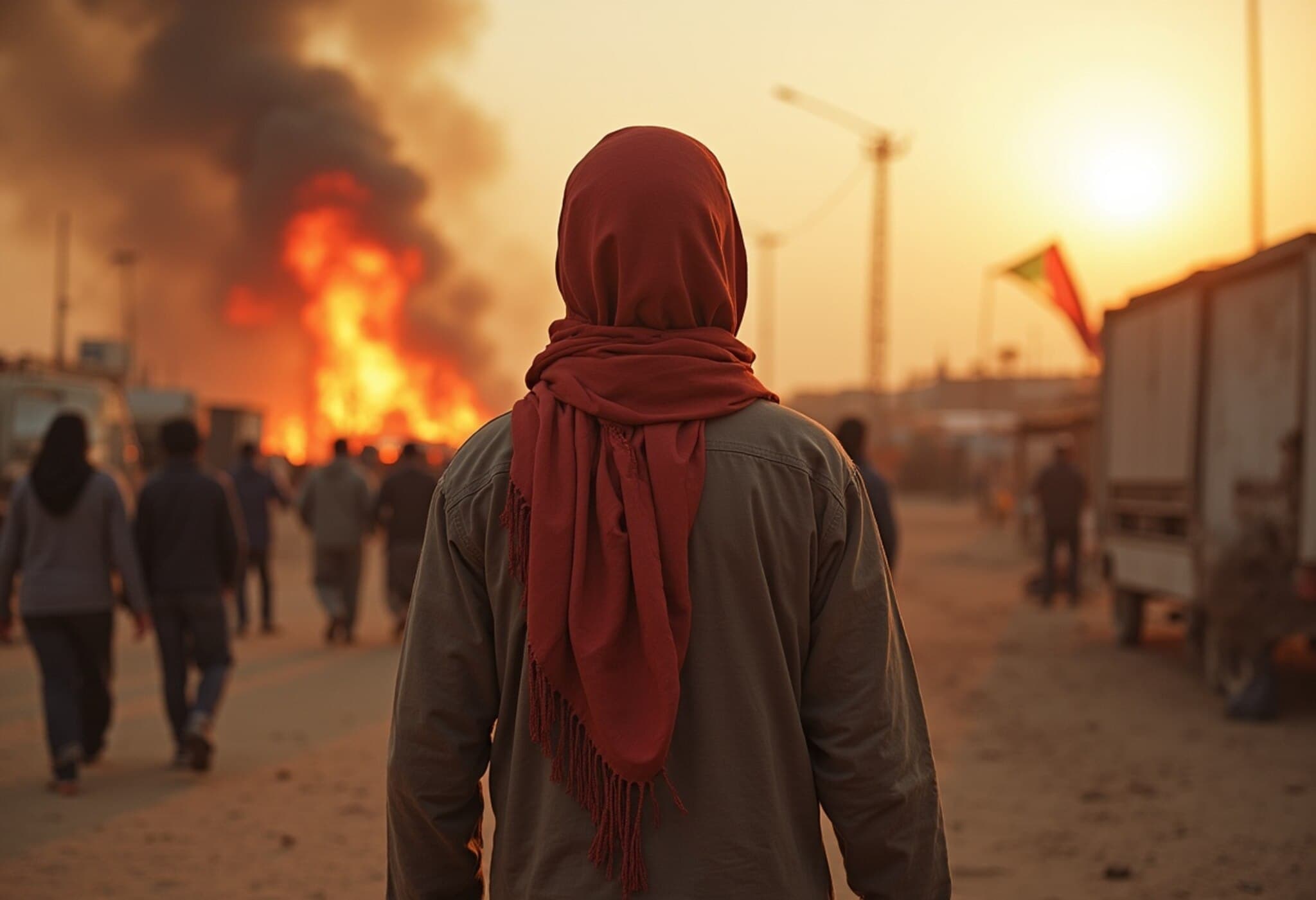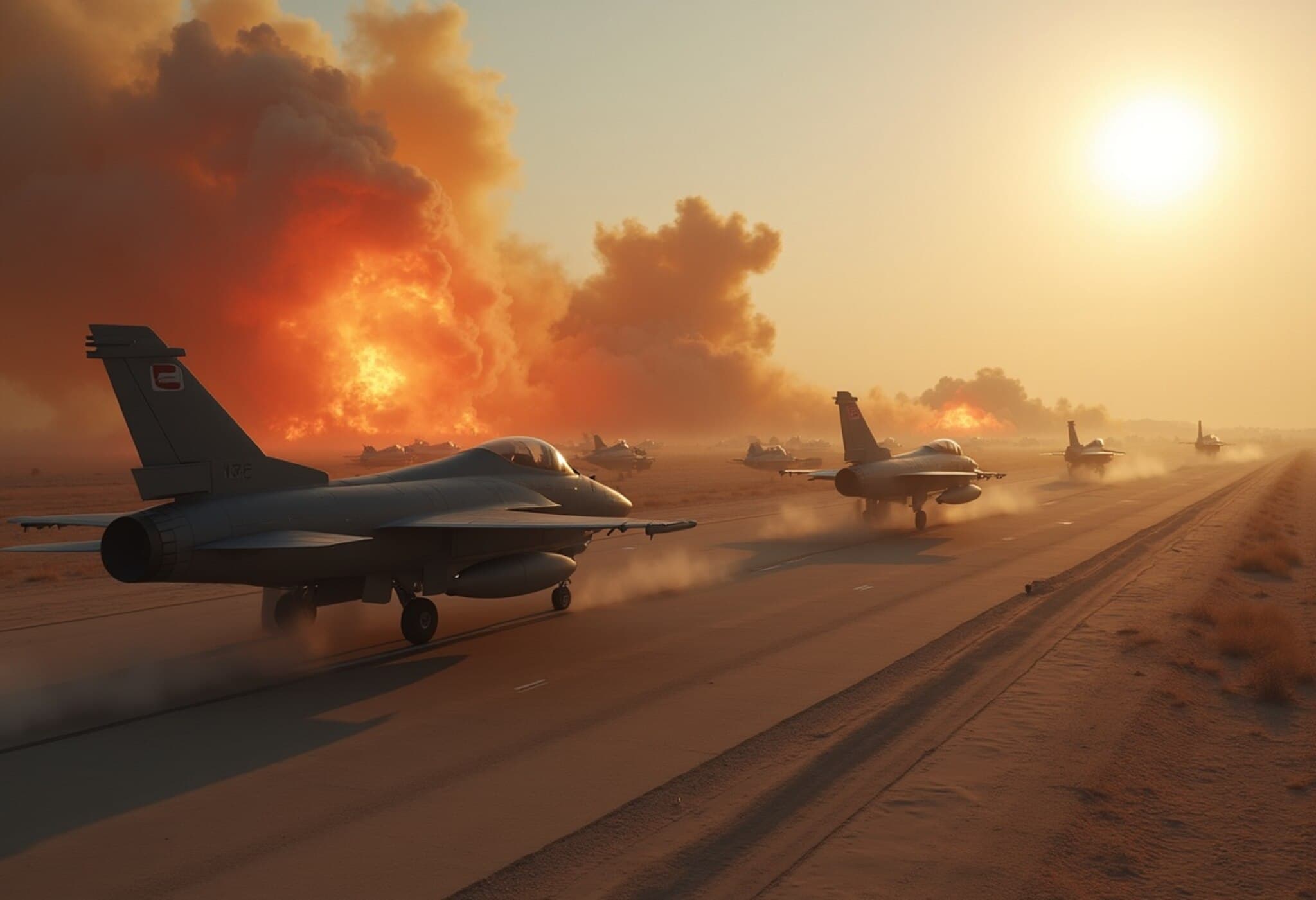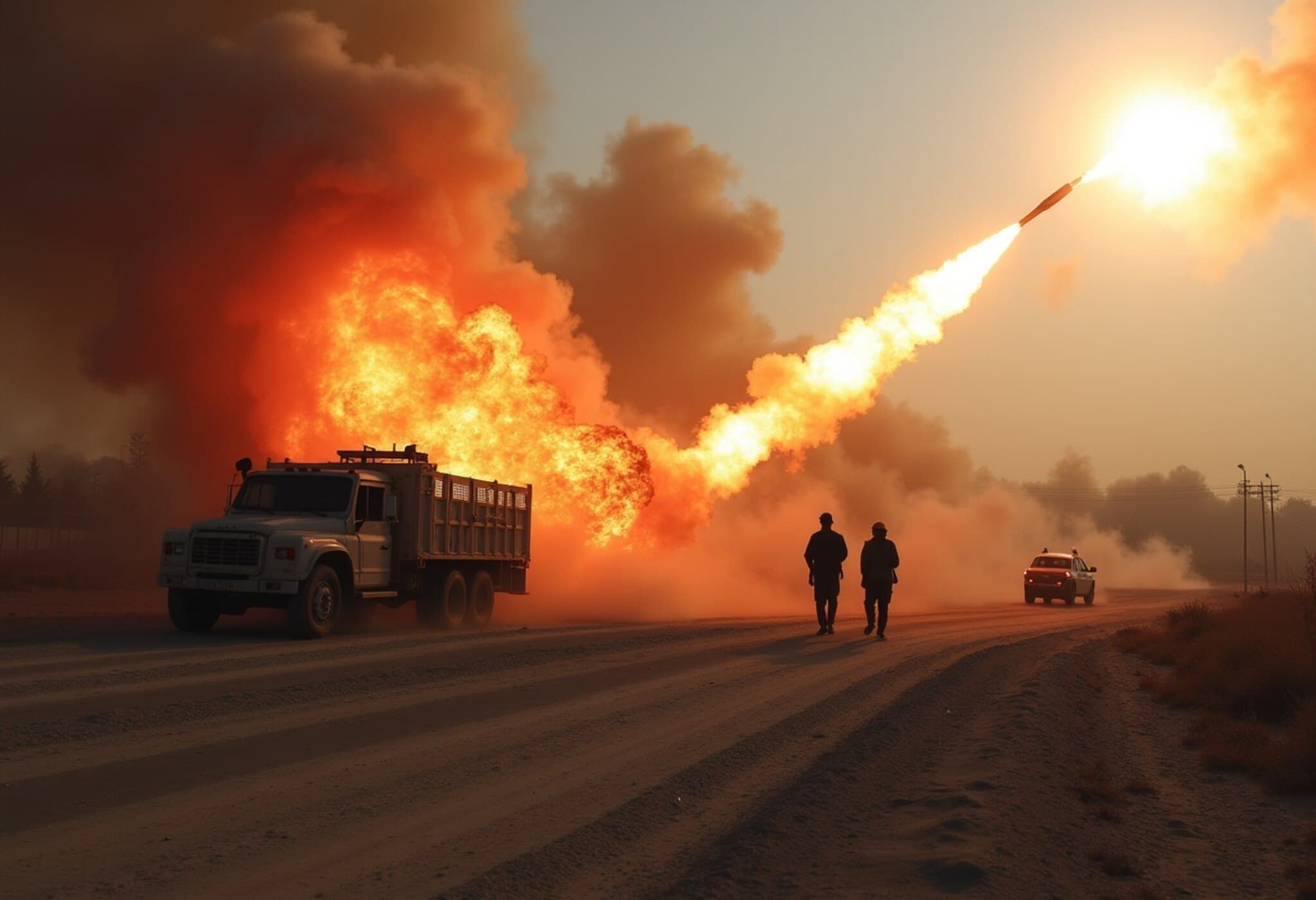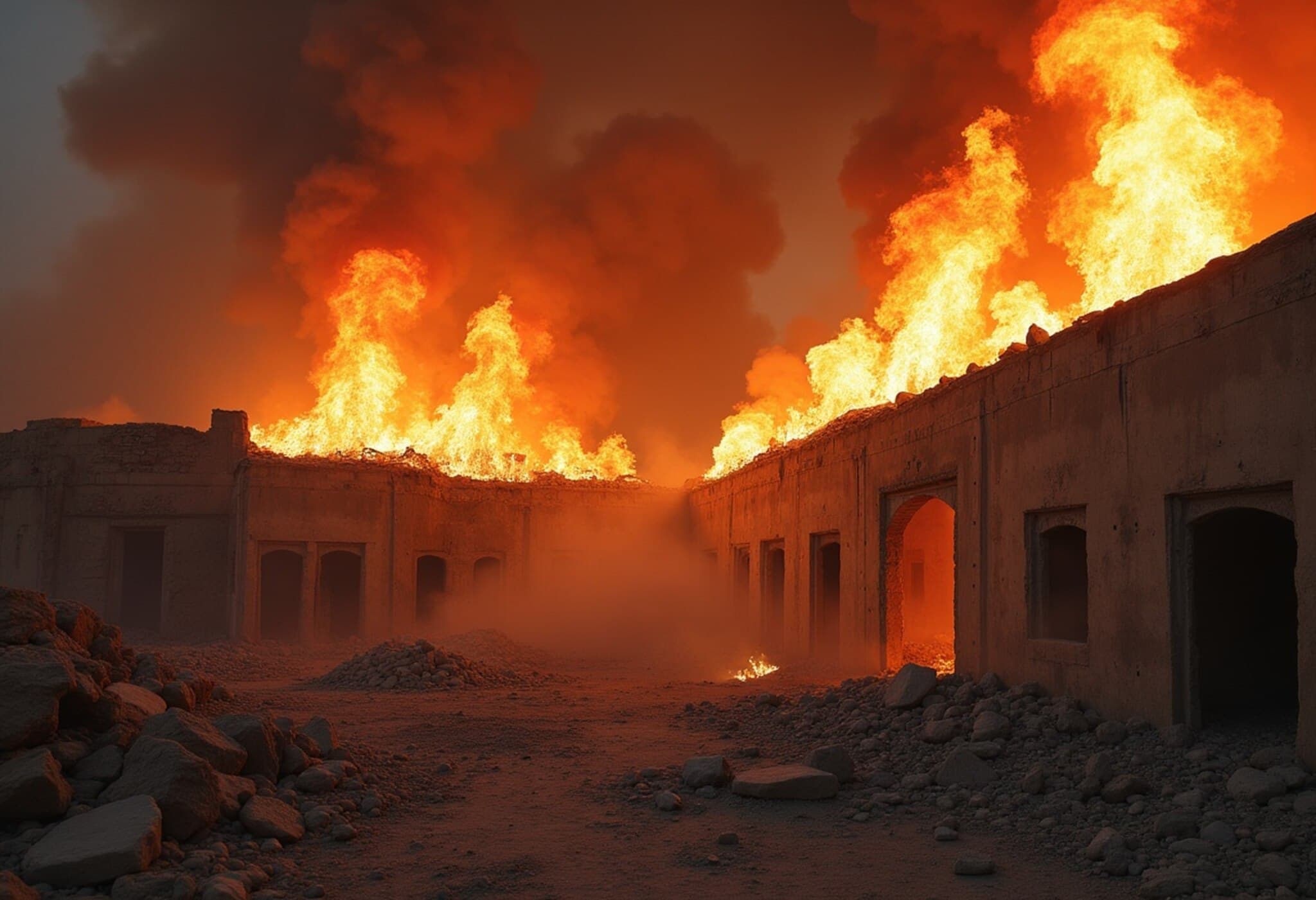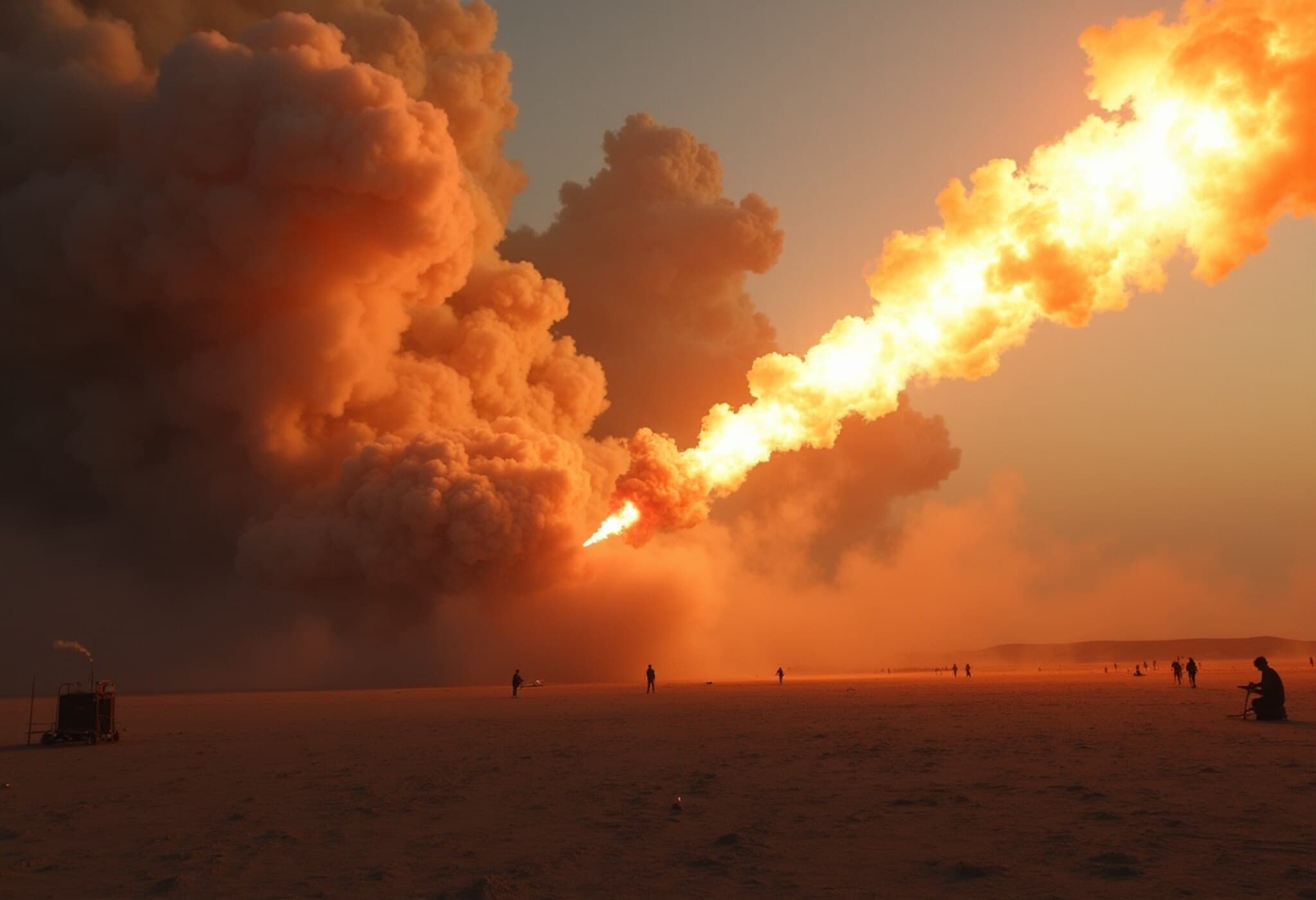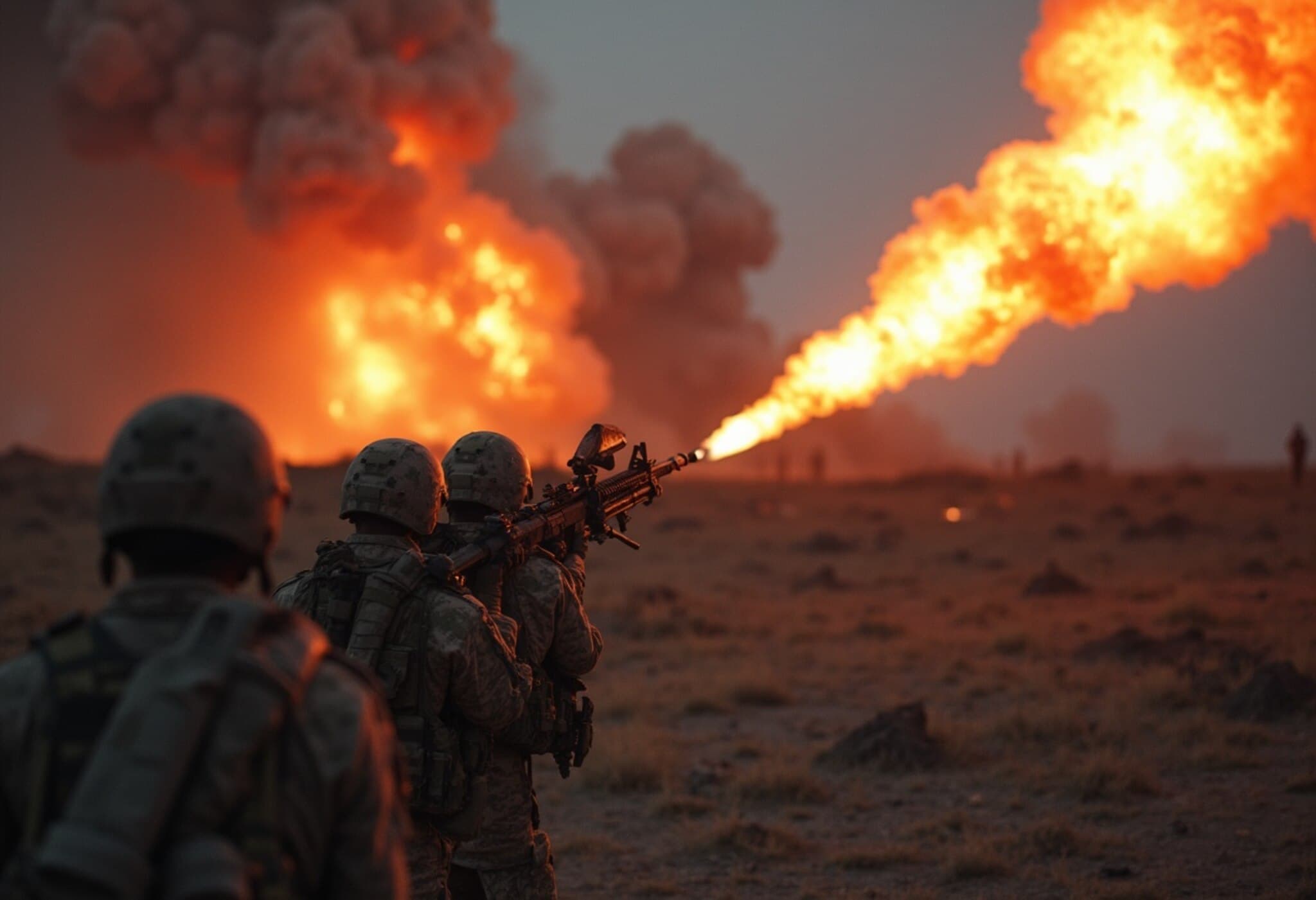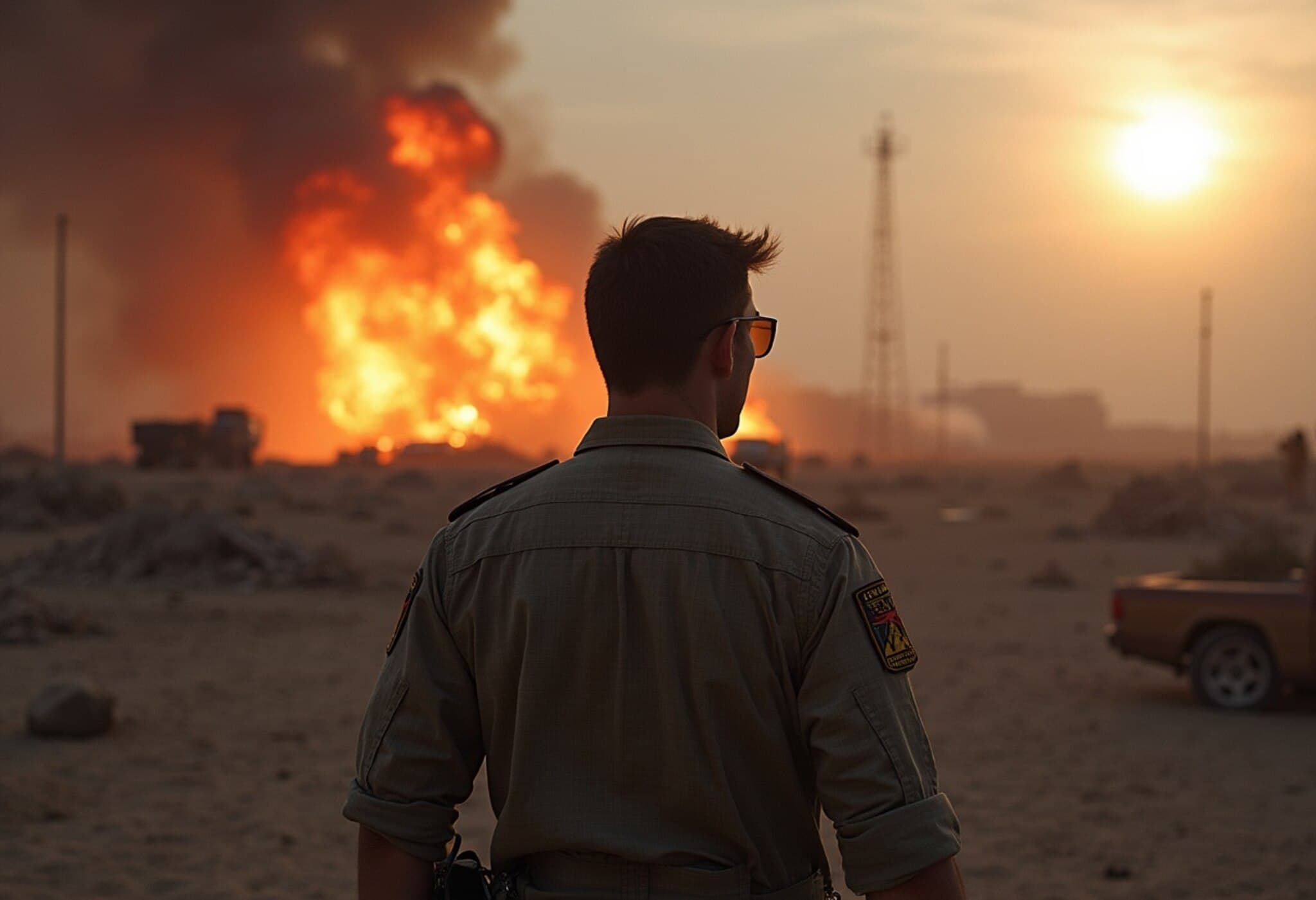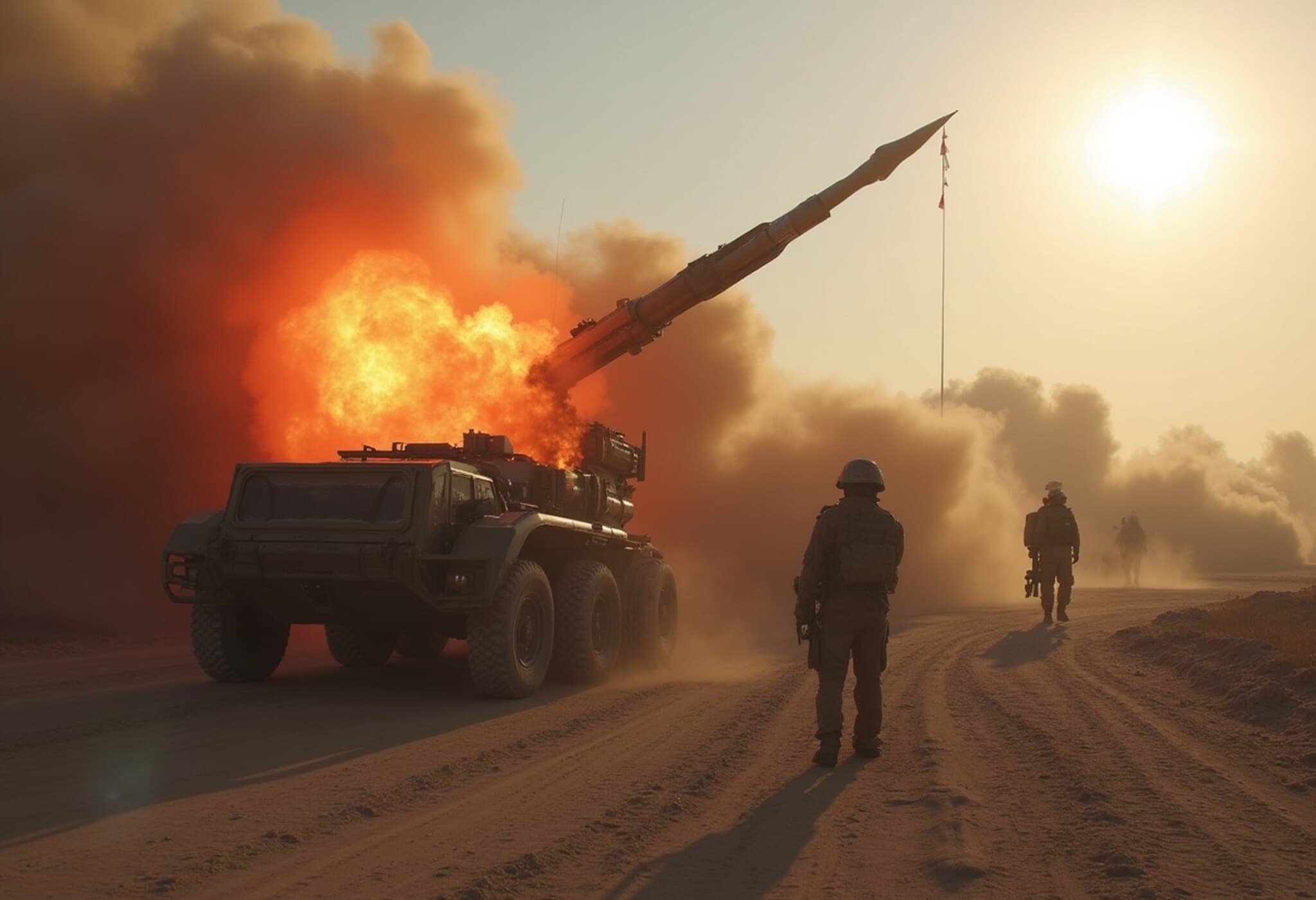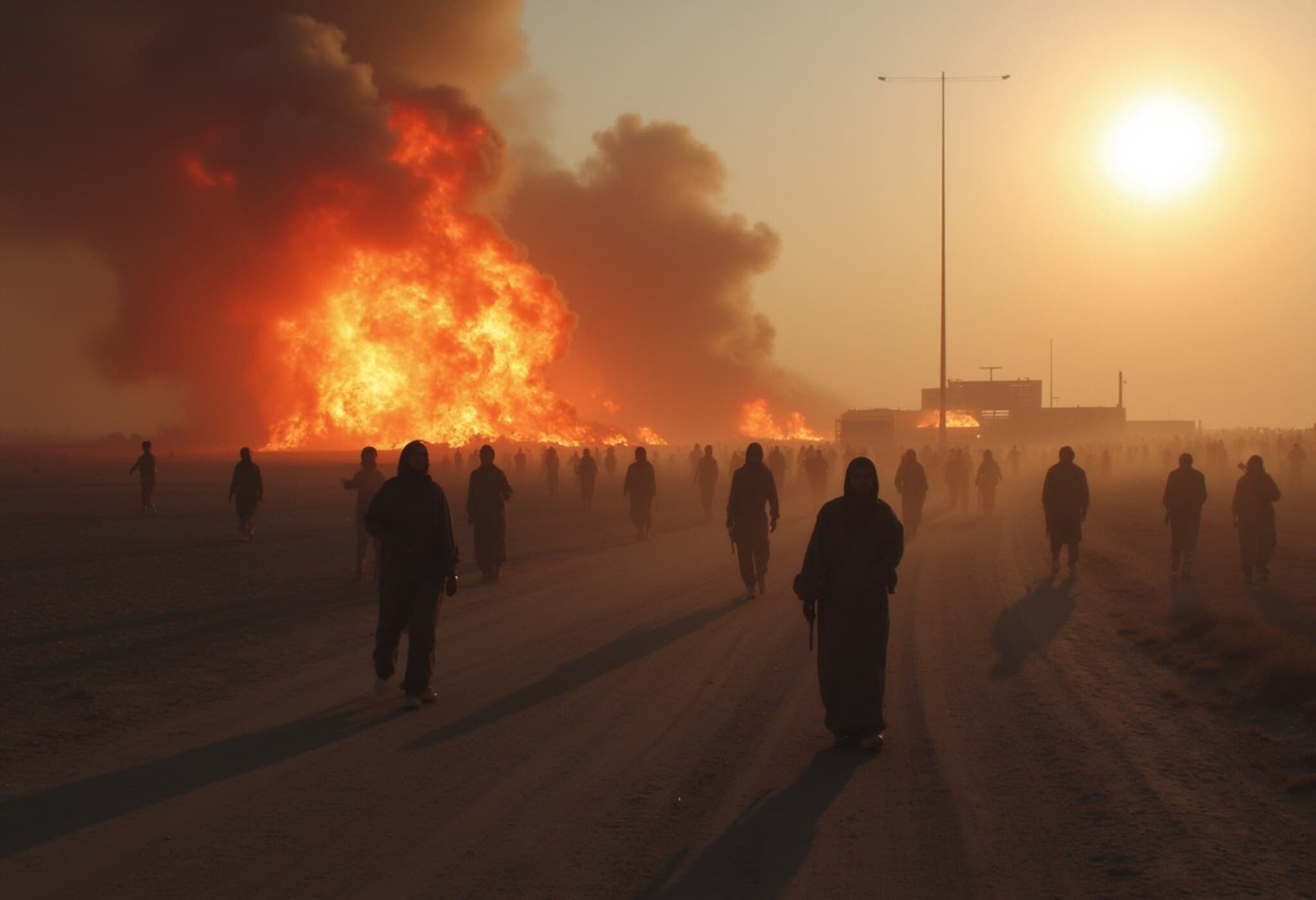Iran Launches Missile Attack on US Base in Qatar
In a dramatic escalation of tensions, Iran has targeted the Al-Udeid Air Base near Doha, Qatar with a missile strike. The base, a critical hub for United States military operations in the Middle East, was hit as part of an operation Tehran called Operation Besharat Fatah. Iranian officials emphasized that this attack was a firm response to recent US air raids on Iranian nuclear facilities.
Context Behind the Assault
The missile attack was launched following US airstrikes over the weekend that struck three nuclear sites in Iran using 30,000-pound bunker buster bombs. Tehran had previously warned that any military action against its nuclear infrastructure would prompt retaliation. Iranian authorities underlined their resolve not to tolerate any infringement upon their sovereignty or national security.
Details and Impact of the Missile Strike
The missile barrage was carried out by the Iranian Revolutionary Guard Corps (IRGC), the ideological backbone of Iran's armed forces. A military spokesperson declared, "The era of hit and run is over," signaling a shift toward more direct confrontations.
Fortunately, due to prior warning reportedly given by Iran, there were no casualties or significant damage at the Al-Udeid base, which hosts nearly 10,000 US troops and serves as the forward headquarters for US Central Command (CENTCOM). The base covers about 24 hectares and maintains almost 100 aircraft, playing a pivotal role in US operations across Iraq, Syria, and Afghanistan.
US and Regional Response
The former US President hailed the absence of casualties and damage, suggesting that the missile attack allowed Iran to vent its aggression without provoking further violence. He further expressed hope for peace and encouraged Israel to pursue harmony in the region while announcing a ceasefire between Israel and Iran, a claim later dismissed by Iranian officials.
Meanwhile, Qatar condemned the missile strike as a "flagrant violation" of its airspace and sovereignty. In response to the heightened security risks, Qatar, along with the United Arab Emirates, Bahrain, and Kuwait, suspended their airspace operations, leading to major disruptions at Doha’s international airport.
Precautions and Diplomatic Developments
The Indian Embassy in Doha advised its nationals to stay indoors and heed local authorities' instructions given the volatile situation. Simultaneously, the US Embassy in Qatar urged American citizens to shelter in place "until further notice," underscoring the cautious atmosphere pervading the region.
On the diplomatic front, Iran’s Foreign Minister met with Russia’s President to seek support amid escalating tensions. Additionally, Israel reportedly launched airstrikes on a political prison in Tehran, signifying a widening scope of targeted operations.
What Lies Ahead?
The missile attack on Al-Udeid marks a new chapter in the ongoing conflict between the United States and Iran. With regional airspace closures, diplomatic maneuvers, and military actions intensifying, the situation remains fluid. Both sides have so far held back from further escalation, but the underlying hostility signals that the region could face more turbulent days.
Key Takeaways:
- Iran conducted a missile attack on the US Al-Udeid Air Base in Qatar in retaliation for recent US airstrikes on Iranian nuclear sites.
- No casualties or major damage reported, with Iran reportedly giving advance warning of the attack.
- Qatar and neighboring Gulf states have closed airspace, significantly impacting regional air traffic.
- Diplomatic efforts are underway, including high-level talks and claimed ceasefires, though mistrust remains strong.

